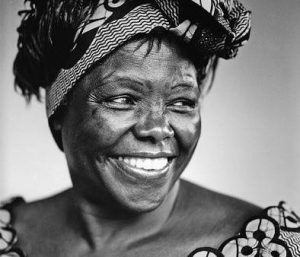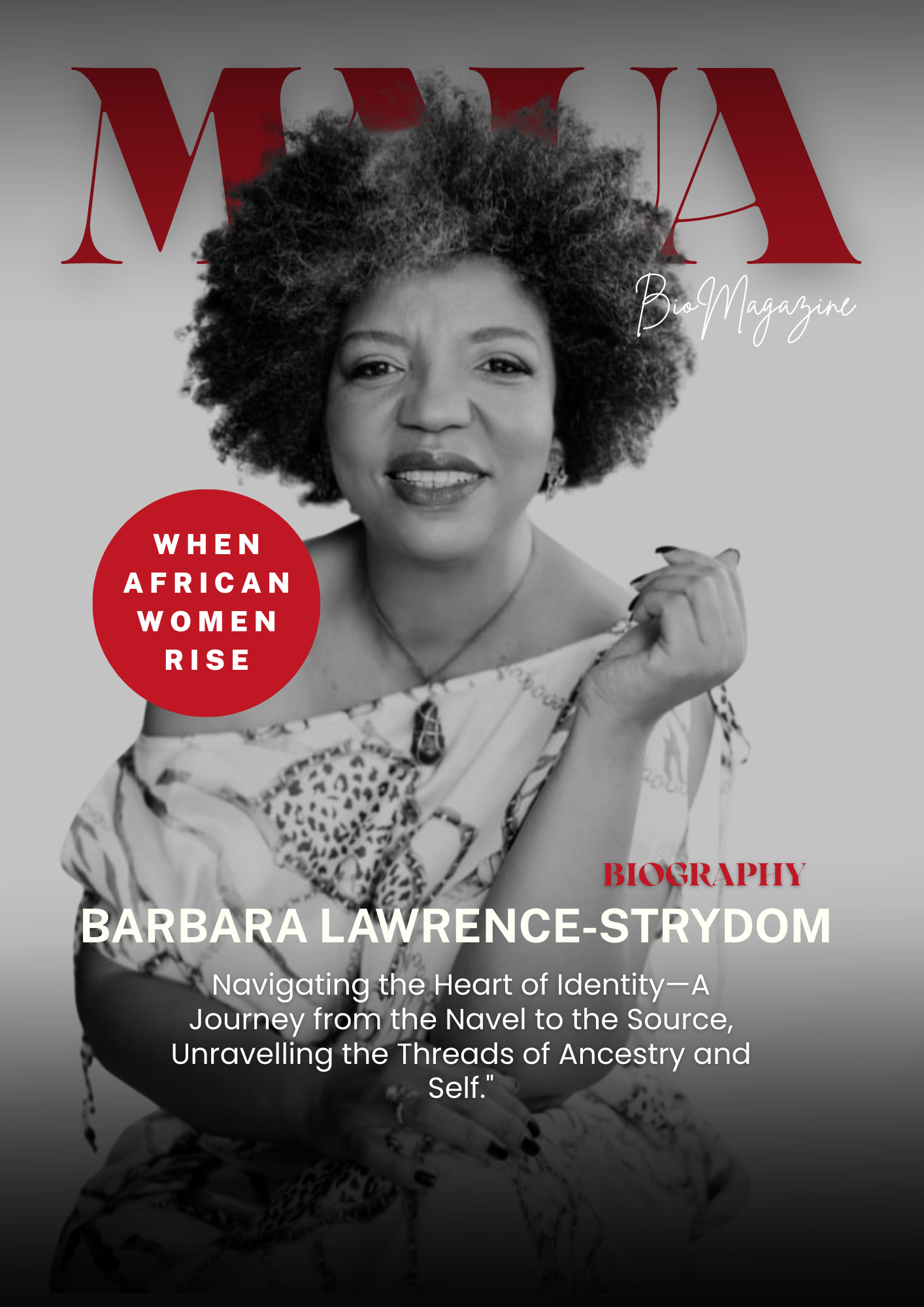Now Reading: Wangari Maathai – Kenya
-
01
Wangari Maathai – Kenya

Wangari Maathai – Kenya
Wangari Maathai (1940–2011) was a Kenyan environmentalist, political activist, and Nobel laureate who dedicated her life to the causes of environmental conservation, women’s rights, and democracy. Born on April 1, 1940, in Nyeri, Kenya, Maathai grew up in a rural setting, where she developed a deep connection to the land and nature.
In 1964, Wangari Maathai became one of the first East African women to earn a doctoral degree, obtaining her Ph.D. in biological sciences from the University of Nairobi. Throughout the 1970s, she worked as an academic, becoming the first woman to chair the Department of Veterinary Anatomy at the University of Nairobi.
Wangari Maathai’s activism gained momentum in the 1980s when she founded the Green Belt Movement (GBM). The GBM focused on environmental conservation and community development by encouraging women to plant trees. The movement empowered women to take control of their environment, improve their livelihoods, and combat deforestation. Over the years, millions of trees were planted across Kenya, providing ecological benefits and sustainable resources.
Her environmental activism was intertwined with political advocacy. Maathai was a vocal critic of the authoritarian regime in Kenya, particularly during the presidency of Daniel arap Moi. Her activism led to arrests and persecution, but she remained resolute in her commitment to social justice and democracy.
In 2004, Wangari Maathai was awarded the Nobel Peace Prize, becoming the first African woman to receive this prestigious honour. The Nobel Committee acknowledged her contribution to sustainable development, democracy, and peace, recognising how her work with the Green Belt Movement had far-reaching positive effects on both the environment and society.
Beyond her environmental and political work, Maathai was also involved in various international organisations and served as a goodwill ambassador for the United Nations Environment Programme. She authored several books, including her memoir “Unbowed,” in which she shared her life experiences and the challenges she faced as an activist.
Wangari Maathai’s legacy endures through the ongoing work of the Green Belt Movement and the inspiration she provides to individuals around the world. Her life serves as a testament to the idea that environmental conservation, human rights, and democracy are interconnected aspects of a just and sustainable society. Wangari Maathai passed away on September 25, 2011, leaving behind a lasting impact on the global environmental and social justice movements.





















